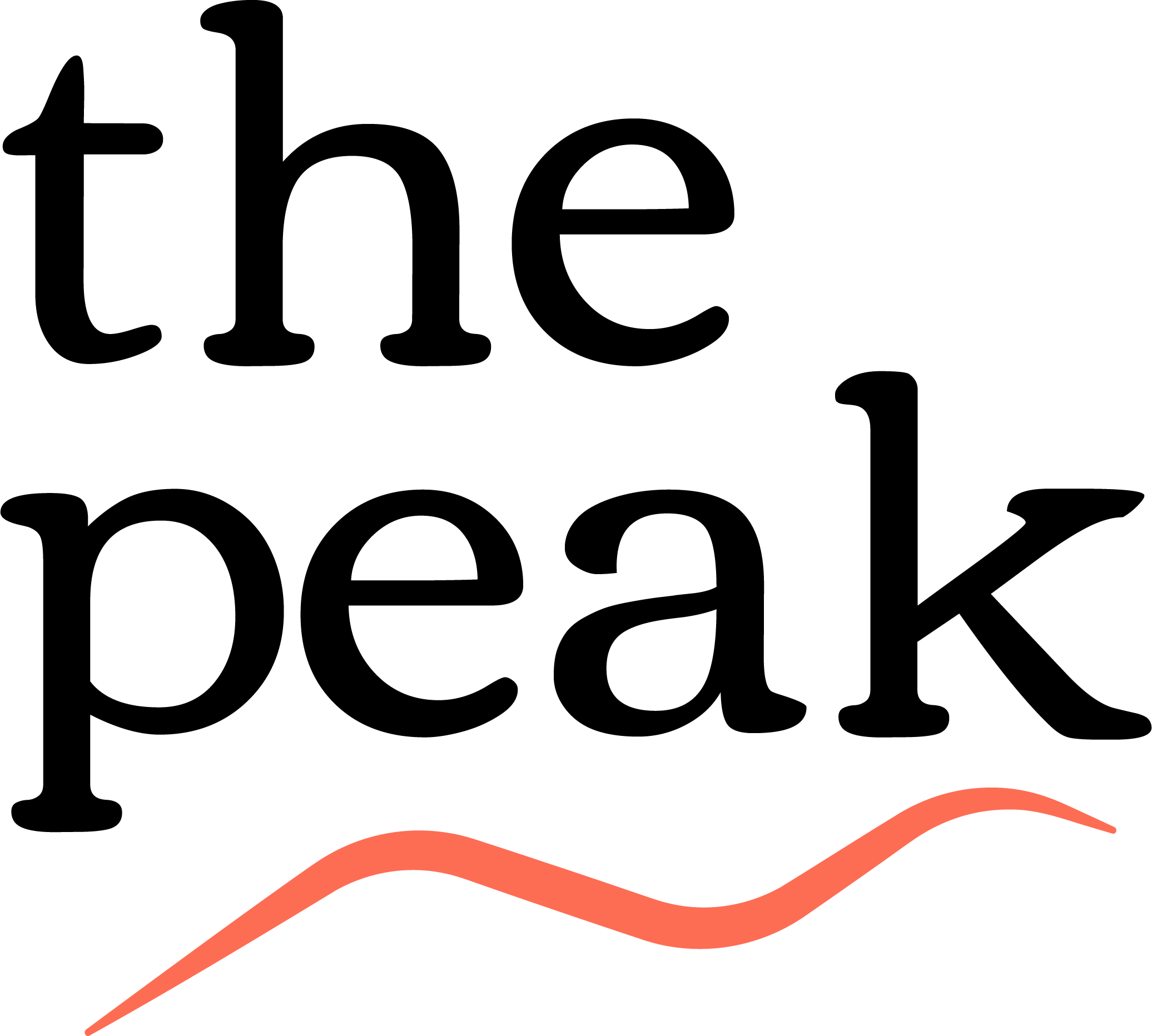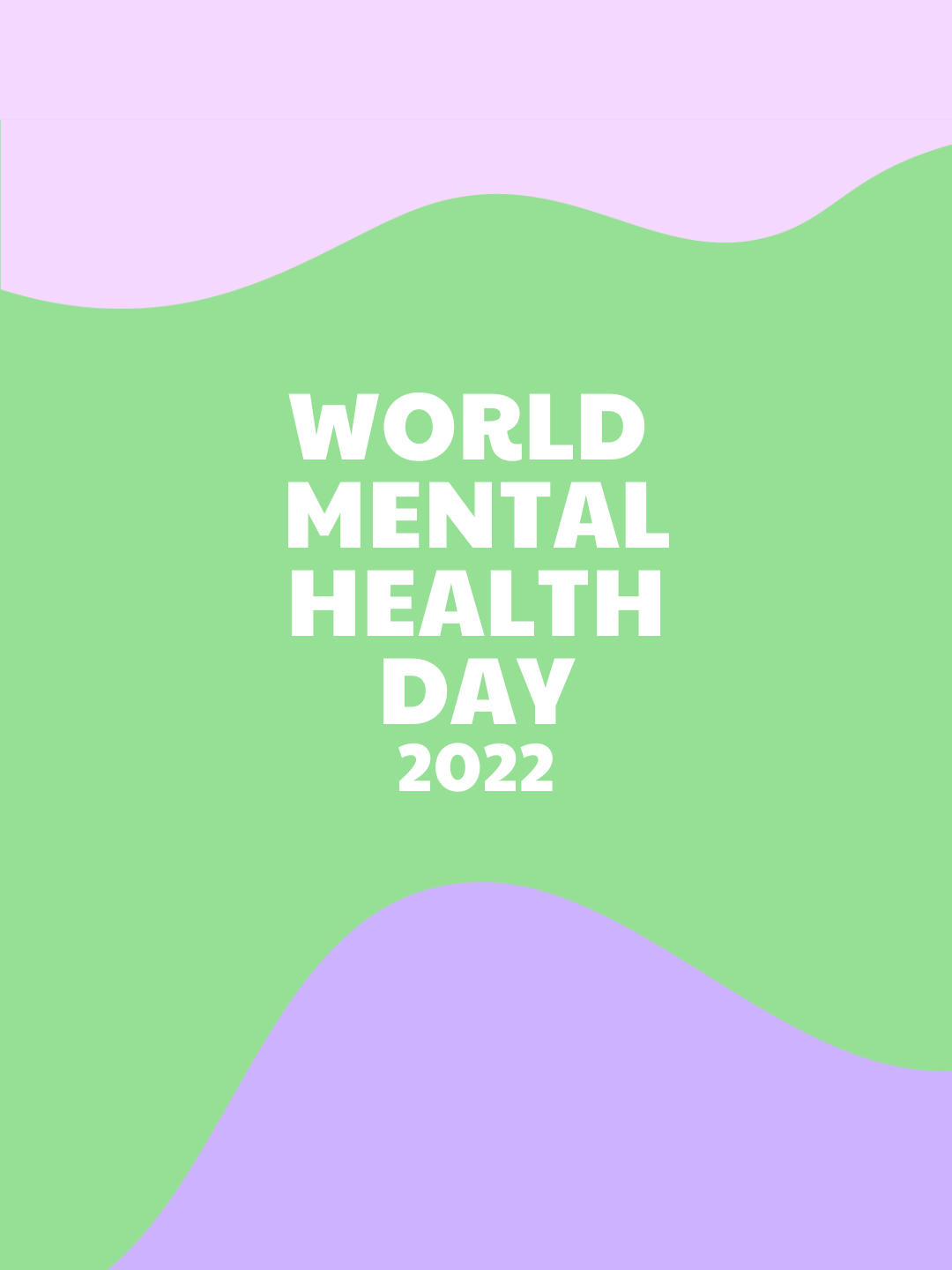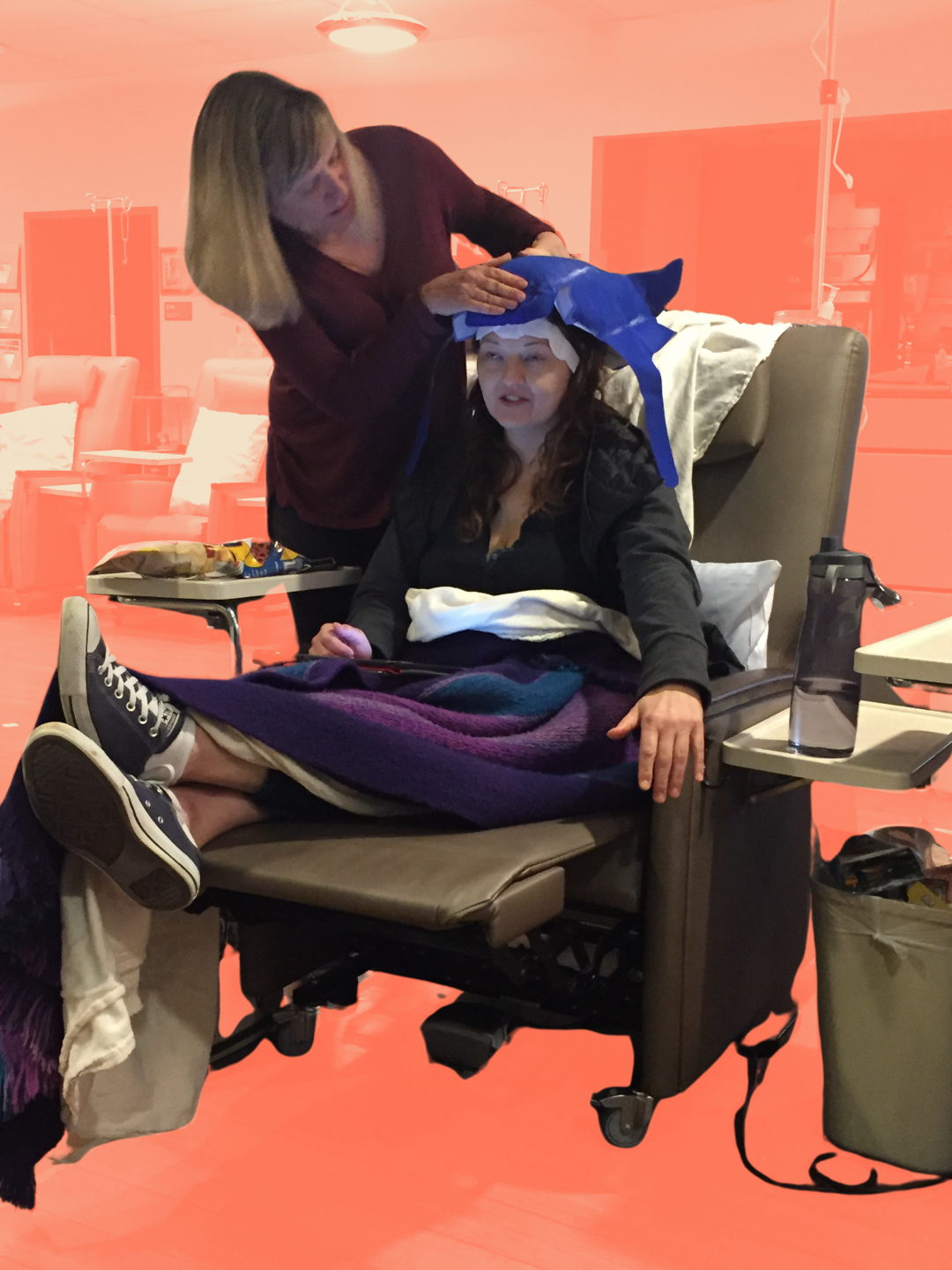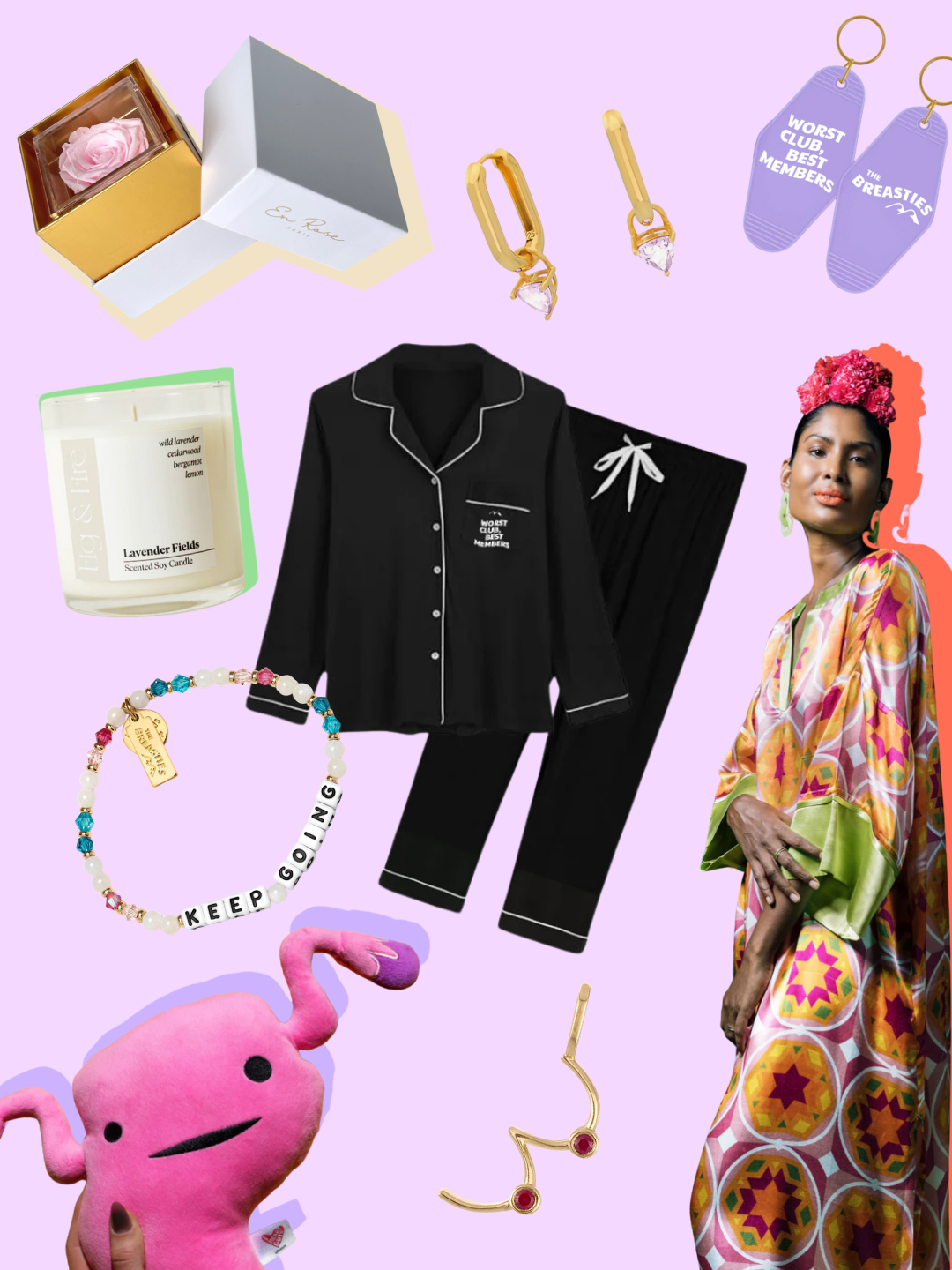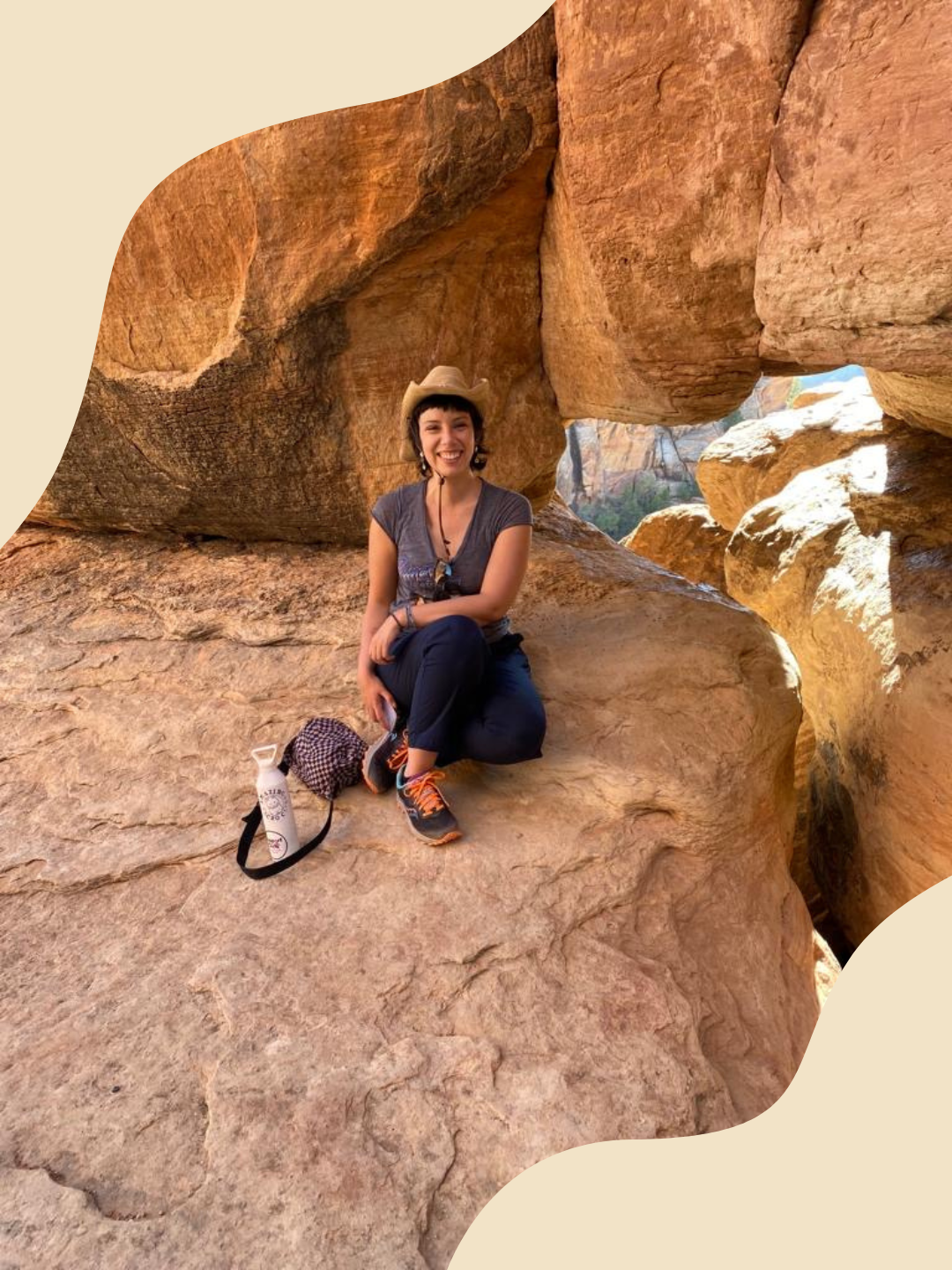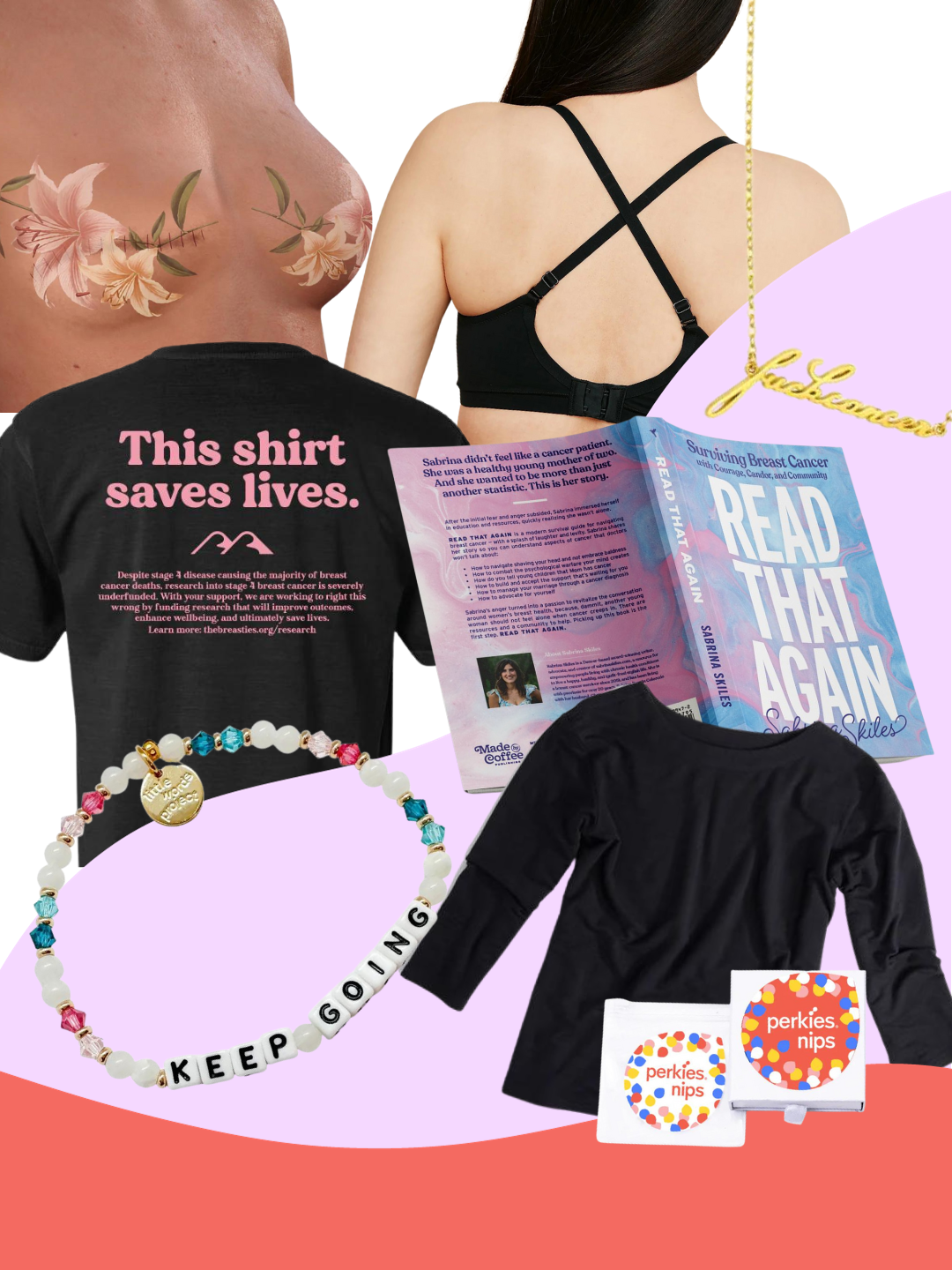Disclaimer: This article discusses suicide and issues related to suicide.
Before cancer entered my life I had already struggled with my mental health for a couple of decades after experiencing a family trauma as a teen.
I had managed to “keep a lid on it” through pushing it all down, pouring myself into my career as a distraction and Ad Hoc therapy and medication when I would experience burnout or a breakdown.
In 2016, I finally had a breakdown that I couldn't bounce back from after two years of extensive travel for work. My work addiction had become the only thing masking and holding me and my mental health together.
It was then I made the decision along with guidance from my doctors to leave my career and focus on prioritizing my health. That was the beginning of a chain of events that would see me getting divorced, moving to Los Angeles permanently, launching my own business and in August of 2018 being diagnosed with breast cancer.
RELATED: 8 Scientific Breakthroughs for Breasties
The Beginning of My Breast Cancer Diagnosis
I had been feeling unwell for about six months prior to feeling my tumor that fateful night in August, I had been to doctor after doctor explaining my symptoms of exhaustion, nausea, night sweats, and hot flashes.
The symptoms were explained away via my mental health diagnosis of Major Depressive Disorder (MDD) and Generalized Anxiety Disorder (GAD) and panic disorder as well as the suggestion that I was potentially entering early menopause.
Upon feeling the lump in my right breast, I knew that it was breast cancer. It finally clicked and confirmed what I had known all along – that the symptoms were not reflective of my mental health but of something more sinister.
In the days and weeks that followed I was told by survivors, friends, and those who had experienced cancer to watch out for my mental health to which I’ll be honest I didn't take seriously. I already knew what “that was all about” and I had a whole lifetime of unhealthy coping mechanisms that I thought would see me through. I was wrong.
Navigating Treatment and Trauma
My treatment started in the October (Breast Cancer Awareness Month, wahooo) and within weeks I was in the darkest place I had ever been. My unhealthy coping mechanisms of using work as a distraction and weekend binge drinking was no longer available.
I was left to sit with my mind and no escape which resulted in another complete breakdown and suicide ideation. On one hand, I was trying to survive my breast cancer diagnosis through chemo and hormone blockers and on the other hand, I didn't want to be here.
(If you or someone you know is struggling or in crisis, help is available. Call or text 988 or chat 988lifeline.org.)
It was then that I entered full-time therapy and was diagnosed with CPTSD (complex post traumatic stress syndrome) CPTSD is different to PTSD by where PTSD usually occurs after a single traumatic event, while CPTSD is associated with repeated trauma, and I had never addressed my PTSD from the family trauma I experienced as a teen, cancer had taken the lid completely off.
Now I mention all of this so that others can feel seen and heard, to let you know you are not alone. Mental health is not a trauma competition. Everyone has mental health, it's just some of us struggle more than others.
Why Collaborative Care Should be The Standard of Care
The intersection of mental health and cancer can be difficult and best practices SHOULD see both cancer and mental health treatment as collaborative care.
However, currently in the U.S. mental health care access is in crisis. When it comes to individuals with health insurance, only 54 percent can access programs due to limited coverage, lack of clinician availability, and a gap between primary care systems and behavioral healthcare.
This brings us to the racial disparities and overall healthcare access challenges that tens of millions experience in the U.S. and in the modern age of late-stage capitalism, where for profit corporations hold all the power and force people into worse situations without healthcare access by choice of profit over people.
A Call to Action This World Mental Health Day
So this world mental health day, I call you to action.
We don't need another day of “self-care” tips. We need policy and change.
Access to mental health care should not be determined by privilege, skin color, gender, or financial ability. It should be the number one priority of our healthcare system and it should see that cancer and mental health care be collaborative and given upon diagnosis.
I personally believe there should be a mental health specialist in the room when you are first diagnosed with cancer and weekly support thereafter as many of us understand that the real mental health challenges come after treatment, when we are released into the wild to fend for ourselves.
I encourage you to call, email and contact your local politicians and representatives and demand they address the mental health crisis through policy and change. By sharing our real life stories and experiences we can help move the government's policies in the right direction away from profit over people to a place of equitable care for all.
Remember: You Are Not Alone
I also want to let you know the next time you are triggered by the smell of your oncologist building, pinktober, or the hundreds of other triggers we as a community experience daily that you are not alone, I see you, I hear you.
Community alone won't address a mental health diagnosis but it's a great place to start as isolation and the understanding of our challenges especially in the days of COVID-19 are widely misunderstood to the wider world, YOU ARE NOT ALONE.
If all you did today was get out of bed, or if you made the decision to give yourself a day of grace and stay in bed, I am proud of you.
Call or text 988, Suicide and Crisis Lifeline if you are experiencing mental health-related distress or are worried about a loved one who may need crisis support. Chat at 988lifeline.org
